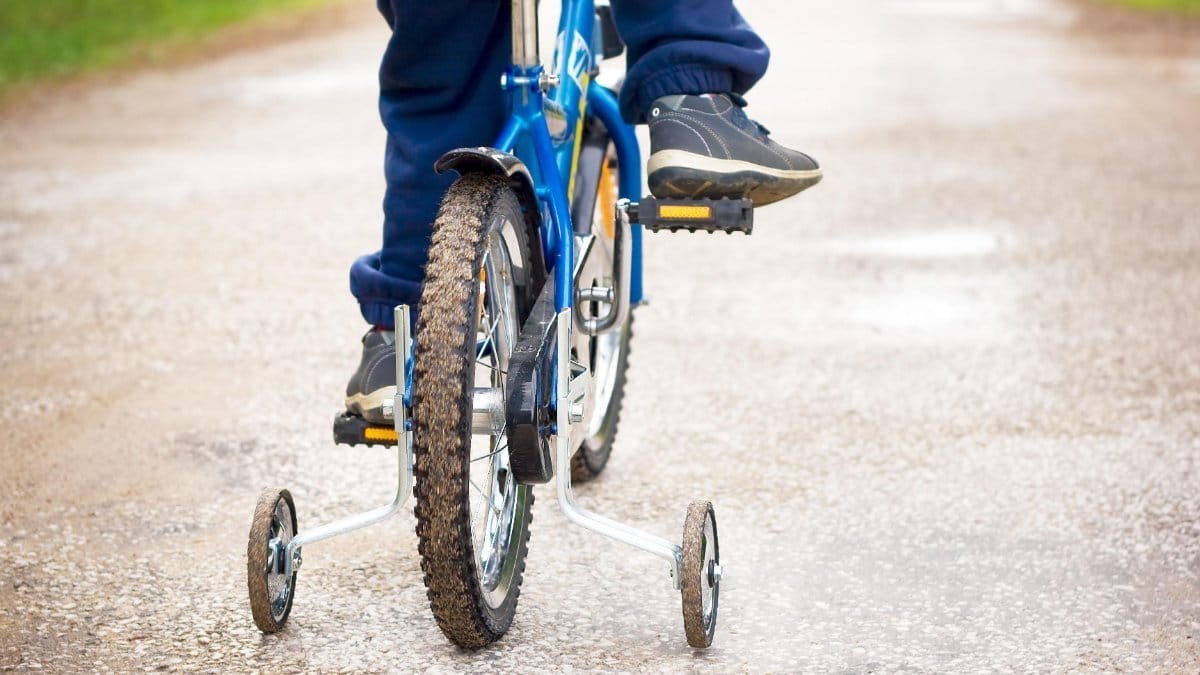Children with autism will have the opportunity to learn how to safely ride bikes as part of a new VicHealth program aiming to make sport fun and accessible for all Victorians, including those with disability.
VicHealth and Leisure Network’s Pedal Power initiative will offer kids with autism spectrum disorder (ASD) and their families the opportunity to gain confidence in bike riding. It will also provide a much-needed social network for families, allowing them to share ideas and support each other.
Pedal Power is one of four projects that will share in over $450,000 as part of VicHealth’s Innovation Challenge, which aims to make sport accessible to Victorians who don’t have as many opportunities to take part.
The announcement responds to evidence which shows that people with disability are 40 per cent less active than the broader community.
Projects funded as part of the Innovation Challenge are:
- Pedal Power – Leisure Networks in conjunction with Cycling Victoria and Geelong Cycling Club: a bike education program for kids with ASD and their families.
- City CALD Carer’s Wellbeing Program – City in the Community: Carers of people with disability often miss out on recreation and leisure. Aimed at improving personal wellbeing through relaxed sessions that focus on physical activity and self-care. Carers will also be provided with a range of resources to help them be more active at home.
- Casey Disability Sport Hub – Disability Sport and Recreation: The Casey Disability Sport Hub will be a place where people with disability and the broader community can come together and participate in a wide range of sporting and leisure activities.
- She Can Ride – Yarra Ranges Council: a beginner’s mountain bike program for girls aged 7-17 years set in the natural beauty of the Yarra Ranges.
VicHealth Acting CEO Dr Lyn Roberts said it was unsurprising that people with disability were less active than the broader community considering the lack of tailored opportunities to get active.
“Everyone deserves to experience good health and happiness. We know that sport is so good for us yet people with disability don’t have the same opportunities to get involved,” Dr Roberts said.
“These projects are about bringing sport to new audiences. There are some fantastic initiatives that will make such a difference to the lives of people with disability, their families and carers.
“We’ve had families of kids with autism tell us that inclusive sport programs are not only making their kids happier and healthier but also providing parents with a network of new friends who understand what they’re going through.
“We also know that for unpaid carers, having the opportunity to take a break from their caring responsibilities to be active and social has enormous mental and physical health benefits.
“We’re really excited to announce these new projects and look forward seeing more Victorians with disability and their carers have the chance to take part in the sports they love.”
Also funded as part of the Innovation Challenge is a mountain bike program for young girls and teenagers to encourage them to enjoy all the benefits of a traditionally male-dominated sport.
“This is about making mountain biking less intimidating for girls – your gender shouldn’t be a barrier to getting active and enjoying nature,” Dr Roberts said.
For more information on the Innovation Challenge: Physical Activity visit the VicHealth website at www.vichealth.vic.gov.au/funding/innovation-challenge-sport
